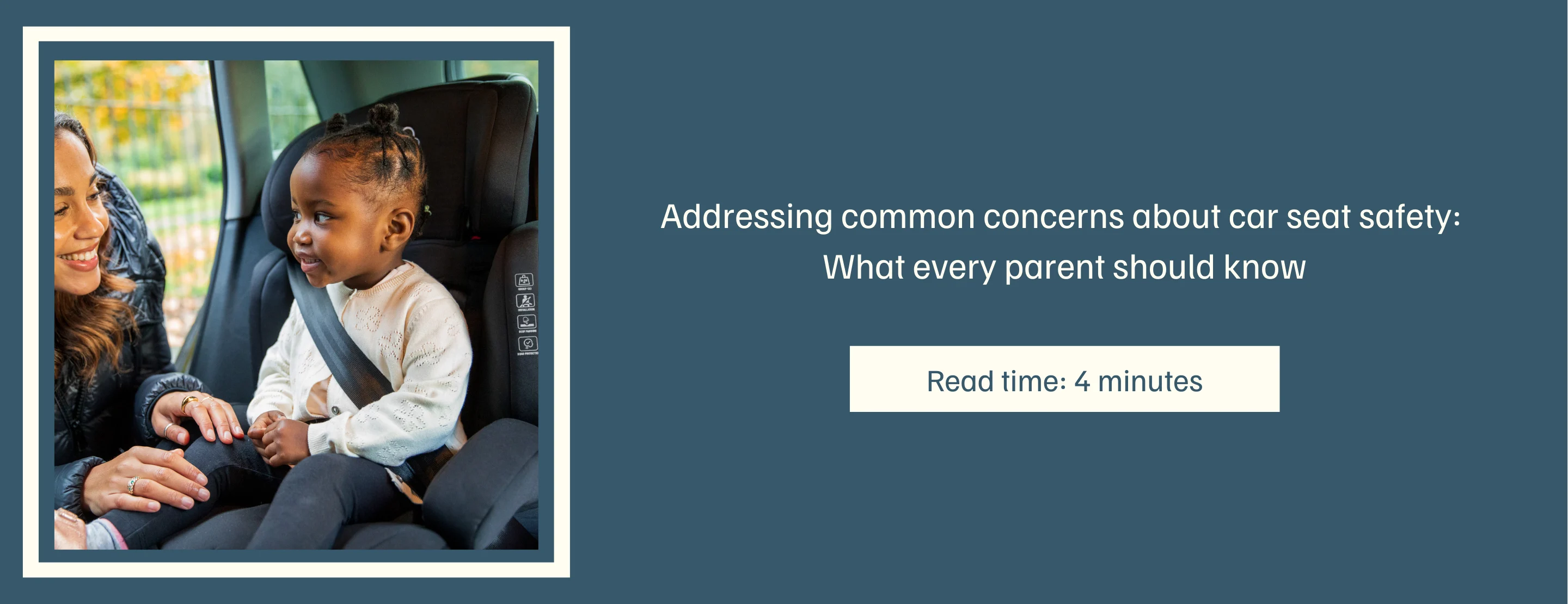End of Season Sale - Up To 50% Off | Extra 15% Off Selected Lines! Code: SAVE15
Sign up to our nursery newsletter
Get exclusive early access to new product launches, subscriber-only competitions and limited-time offers not available on the main site.




